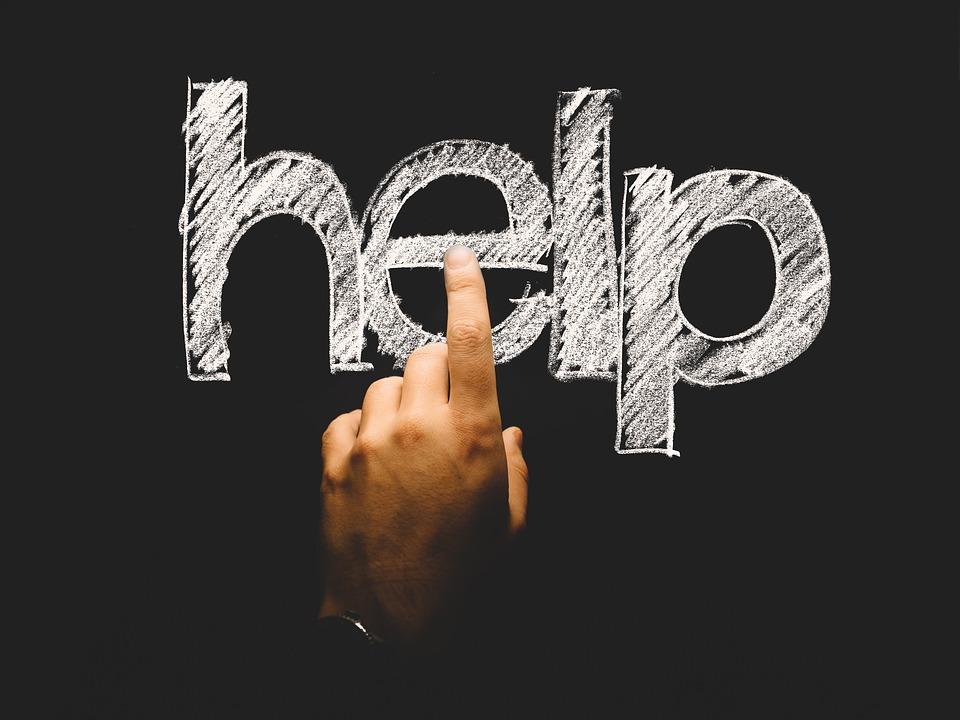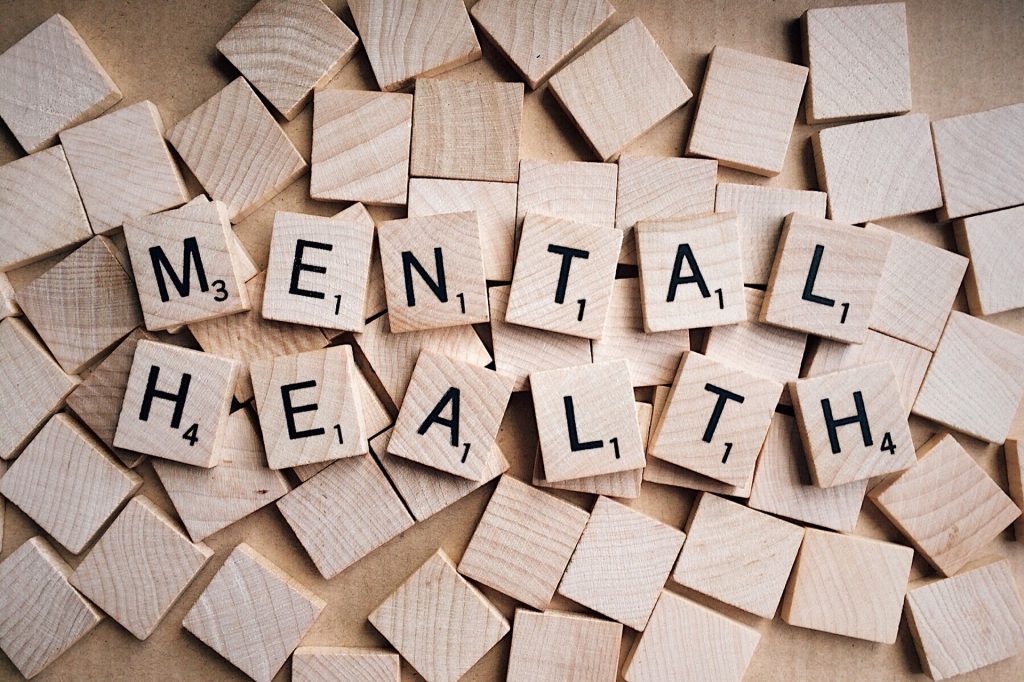Mental Health

The term “mental health” is used to describe our psychological, cognitive, and emotional well-being. Our mental health is about how we think, feel, and behave.
The World Health Organization defines mental health as,
“a state of well-being in which every individual realizes his or her own potential, can cope with the normal stresses of life, can work productively and fruitfully, and is able to make a contribution to her or his community.”
Medilexicon’s medical dictionary, defines mental health as,
“emotional, behavioral, and social maturity or normality; the absence of a mental or behavioral disorder; a state of psychological well-being in which one has achieved a satisfactory integration of one’s instinctual drives acceptable to both oneself and one’s social milieu; an appropriate balance of love, work, and leisure pursuits.”
The most common forms of mental illness include:
- anxiety disorders – panic attacks, PTSD, OCD, and phobias
- mood disorders – depression, dysthymia, bipolar disorder, mania, and seasonal affective disorder
- Schizophrenia disorders
According to the National Institute of Mental Health, mental disorders are common in the United States and affect approximately 25% of the adult US population and teen depression will affect nearly 20% of teens before they reach adulthood.
Mental health can be affected throughout your lifetime by:
- biological factors including genetics and brain chemistry
- family history of mental health issues
- life experiences such as stress, trauma, or abuse

The good news is that if you or someone you love is struggling with mental health issues, you are not alone. Much is known about mental illness and successful treatment methods to help make recovery possible.
Taking care of our mental health is critical. Getting enough sleep, spending time with others, managing our stress, and seeking out help if needed all impact our mental health. Mental Health America identifies these 10 proven tips to help feel stronger and more hopeful, and take better care of your mental health:
10 Tips for Better Mental Health
- Connect with others
- Stay positive
- Get physically active
- Help other
- Get enough sleep
- Create joy and satisfaction
- Eat well
- Take care of your spirit
- Deal better with hard times
- Get professional help if you need it
If you are looking for additional information, check out the following pages on our website:
Are You in Crisis?
How to Get Help
Stress
Depression
Erika’s Lighthouse Chapter at BHS
QPR Training
RESOURCES
LOCAL MENTAL HEALTH RESOURCES AND PROVIDERS
HealthyBarrington.org
Barrington Youth and Family Services
Samaritan Counseling Center
Ascension Alexian Brothers Behavioral Health
NAMI (National Alliance on Mental Health) Barrington Area
INFORMATION ABOUT MENTAL HEALTH ISSUES
American Foundation for Suicide Prevention
SAVE (Suicide Awareness Voices in Education)
MentalHealth.gov
Mental Health America
Anxiety and Depression Association of America
Erika’s Lighthouse – A Beacon of Hope for Adolescent Depression
Substance Abuse and Mental Health Services Administration

